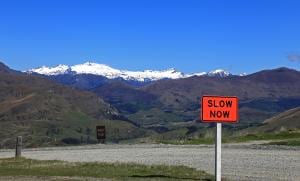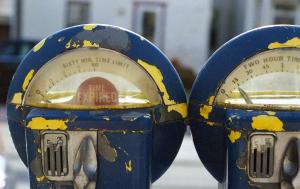 It seems presumptuous to post my reading list and believe that someone would be interested. Of course, all writing (blogs included) is a kind of presumption – believing that you have something to say that people will want to hear.
It seems presumptuous to post my reading list and believe that someone would be interested. Of course, all writing (blogs included) is a kind of presumption – believing that you have something to say that people will want to hear.
That felt a bit like a confession. Nice to get it off my chest. Thank you.
This post actually reflects something that I believe is critical to spiritual formation, which is the act of reading. There are all sorts of excuses and protests about reading such as…
- “I’m not an intellectual”
- “Reading just doesn’t appeal to me”
- “Books are boring”
The subculture of “readers” often look at these responses and scoff, feeling their own superiority, but I want to cultivate a different response.
A Case for Reading
The protests about reading aren’t about reading at all, they are about the purpose of reading.
For example, I know men who say “I’m just not a reader” but they will devote significant chunks of time to digesting articles on the Cubs’ offseason roster moves or about economic forecasting and investment.
The protest isn’t about reading really, because everyone reads, the real issue is this:
What is the point of devoting my time – which is in short supply – to processing words on a print (or digital) page?
My answer is simple: the point of reading is the “renewing of our mind.” (Romans 12:2) To “renew” something is to update it. It means change or transformation, for sure, but Paul actually separates the ideas of “renewing” and “transformation” in Romans 12.
The larger work of transformation of our lives through Jesus begins with updating the contextual filters through which we see the world.
Reading is the act of supplying our brain with new lenses through which to see the world. Taking in content in large or small portions gives us a distinctive viewpoint on compassion, humility, grace, and transcendence. The words on a page often allow us to see something outside of ourselves; something beyond our natural vision.
It is possible that God works in us when the act of reading draws us out of our head and into a wider world?
So my reason for posting my current “stack” is not to impress, or cajole, or even to inspire guilt about the brevity of your own list.
I see myself like a fellow runner in a marathon – we’re all sweating and working together, I’m just here to cheer everyone else on in the race. So here we go:
This book is part of my desire to read more theology and spiritual writing from authors of color. After posting about this book on social media, I realized that I had (unwittingly) chosen a cornerstone piece of black theology.
So far, the book has challenged the ways in which my “whiteness” creates and influences my theology. It is a painful realization, but it is good and hopeful work.
After receiving this book as a Christmas gift, I immediately moved it to the top of my list. Wright’s work on Paul has been instrumental in my life. From his epic commentary on Romans as well as the shorter book Paul in Fresh Perspective which I used as a textbook during my undergraduate teaching days.
So far, the greatest gift is a bigger understanding of the “Jewishness” of Saul/Paul’s roots and how that influences everything he writes in the New Testament.
Challenged by a good friend to read more “old” writers, I thought this book was a good place to start. It is a compilation of early 4thcentury to the late 5thcentury hagiographies (biographies of saints). Written by the saints’ near-contemporaries, you hear both the writers respect for the person they are writing about as well as their willingness to stretch the boundaries of that person’s legend.
While many of the accounts seem brutal and excessive, one of the important insights is that these men fled to the desert because they felt that following Jesus was being diluted in the cities. This is important because they lived in a time when some of the largest advancements in Christian history were made. In that moment, they fled to find Jesus in the lonely places. It’s worth pondering.
A Reading List Wish
My prayer is that these readings give new lenses through which to see what God is up to. They are borrowed lenses, to be sure. They also place me with those who lived the life of “transformation” by the “renewing of their minds.”
(Photo by Eugenio Mazzone on Unsplash)















